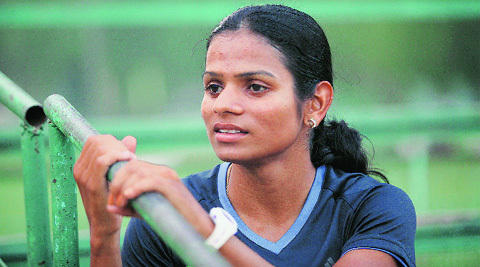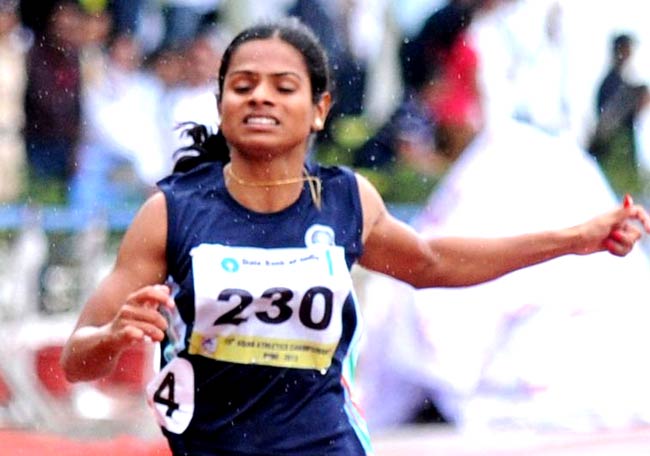I argued yesterday that Indian sprinter Dutee Chand should be able to compete against other women, despite a high testosterone level, because all elite athletes, not just her, have considerable natural advantages of one kind or another. (And we’re not even sure that a high T-level is an athletic edge.) Some basketball players have longer wingspans, some swimmers superior lung capacity. No one penalizes them. I wonder if the protest against Chand is caused by ignorance of biology or if it’s provoked by an unwitting bigotry over a challenge posed to traditional sex roles.
Such boundaries aren’t always clear, especially in age when sexual identity is in flux, but a total absence of them would result in a single competition for both sexes, something that might be devastating to women in sports like basketball, where size matters greatly.
In a really smart New York Times piece, Juliet Macur takes a deeper look at the complex issue. She doesn’t believe there’s an easy solution, but that all roads forward should crossed delicately, with respect for the athletes. An excerpt:
The arbitration panel in the Chand case is at least trying to inch closer to a solution. But as [Dr. Eric] Vilain suggested, there might be no solution.
He believes that track’s governing body won’t be able to prove that women with hyperandrogenism have a great advantage over other women because it is impossible to determine that high testosterone equals a big advantage. Too many other factors go into an athlete’s success, like nutrition and training, he said. Yet the court seems to require a clear cause and effect to consider the I.A.A.F.’s rule fair.
“Looking at this does not compute for me,” said Vilain, who is an expert on the biology of intersexuality and helped formulate the International Olympic Committee’s rules on hyperandrogenism.
And that leads us back to something the arbitration panel said in its decision: “Nature is not neat.”
So the way sports officials handle this issue won’t be neat, either, because maybe it can’t be neat.•


